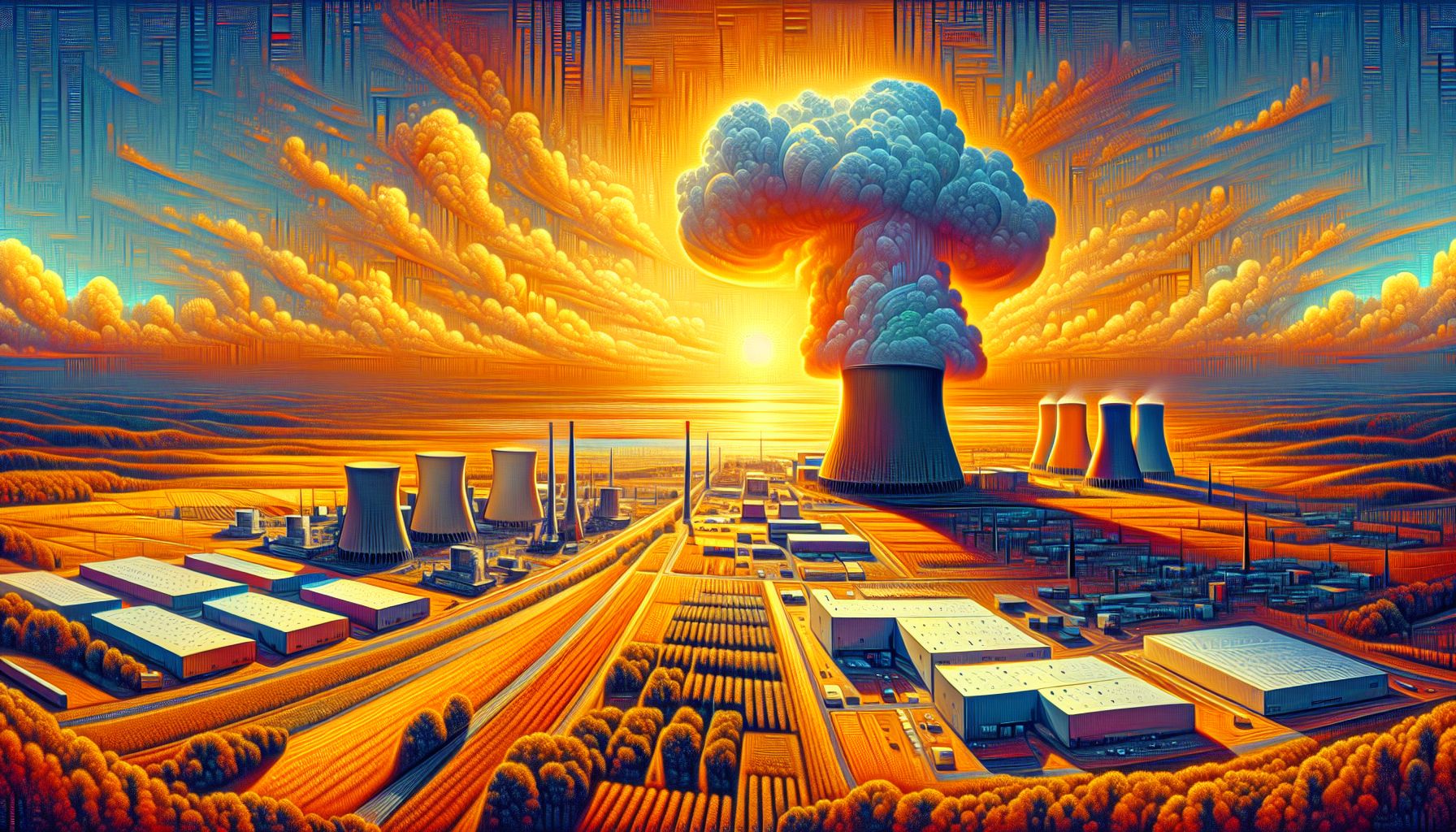TNO Study Highlights Cost Benefits of Nuclear Energy in Future Systems

TNO’s latest research reveals that incorporating even a small amount of nuclear energy can significantly reduce the costs of energy transition and help achieve climate goals more efficiently.
The Economic Advantage
According to the study led by Martin Scheepers, head author of the TNO analysis, a system relying solely on solar and wind power necessitates substantial investment in expensive battery technology to ensure reliability during periods of low generation. This dependency increases the overall cost of the energy system by 1 to 2%. In contrast, integrating nuclear energy, even in small amounts, mitigates these expenses, resulting in a more cost-effective solution for future energy systems[1].
Meeting Climate Goals
TNO’s research indicates that by 2050, it is expected that 90% of electricity will be generated from solar and wind sources, with nuclear energy contributing 7 to 9%[1]. This diversification not only reduces reliance on any single energy source but also enhances the stability and resilience of the electrical grid, which is crucial for meeting climate goals. The study further highlights that the demand for electricity in 2050 will be three times higher than current levels, partly due to the production of green hydrogen[1].
Infrastructure Investments
Achieving a climate-neutral energy system by 2050 requires significant infrastructure investments. TNO advises that to minimize energy loss during electricity transport, efficient production of hydrogen alongside offshore wind parks should be prioritized[1]. Additionally, the necessary technology for this transition should be prepared promptly to prevent energy loss during transmission through cables[1].
Global Perspectives on Nuclear Energy
While TNO’s findings are specific to the Netherlands, the global context of nuclear energy underscores its importance. For instance, the United States recently announced support for the development of new nuclear power plants as part of its strategy to combat climate change and provide carbon-free electricity[3]. This move highlights the critical role that nuclear energy plays in the global decarbonization efforts.
Challenges and Criticisms
Despite the potential benefits, nuclear energy is not without its challenges. Critics argue about the buildup of radioactive waste and potential risks to human health and the environment[3]. Moreover, reports such as CSIRO’s GenCost indicate that nuclear power can be significantly more expensive than renewables, particularly in regions like Australia where large-scale nuclear projects are predicted to cost at least $8.5 billion and take 15 years to complete[4].
Conclusion
TNO’s study underscores the strategic advantage of incorporating nuclear energy into future energy systems. By doing so, countries can achieve a more cost-effective and reliable energy transition, crucial for meeting climate goals. However, the integration of nuclear power must be balanced with addressing its inherent challenges and criticisms to ensure a sustainable and safe energy future.

